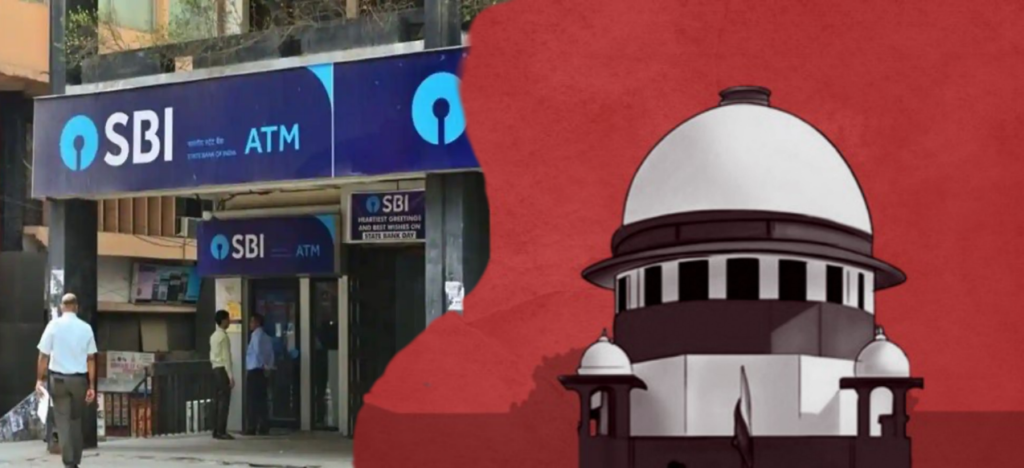
The Supreme Court has stayed the order of the High Court that allowed a defaulter of a multi-crore
loan to travel abroad. The defaulter, who owes crores of rupees to the State Bank of India (SBI), had
approached the High Court seeking permission to travel abroad for business purposes.The SBI had
opposed the plea, stating that the defaulter had not repaid the loan amount and had no intention of
doing so. The High Court, however, had allowed the plea, subject to certain conditions.
The SBI then approached the Supreme Court challenging the High Court’s order. The bank argued
that allowing the defaulter to travel abroad would only make it more difficult for them to recover
the loan amount. Supreme Court, after hearing both sides, stayed the High Court’s order and issued
a notice to the defaulter. The Court also directed the defaulter to submit a bank guarantee of the
entire loan amount before seeking permission to travel abroad.
This is not the first time that the issue of loan defaulters and their ability to travel abroad has come
up before the courts. In recent years, there have been several high-profile cases of loan defaulters
fleeing the country to evade repayment of their loans. One such case was that of Vijay Mallya, the
former chairman of Kingfisher Airlines, who owes over Rs. 9,000 crore to various banks. Mallya fled
the country in March 2016 and has been living in the United Kingdom since then.
The Indian government has been making efforts to bring Mallya back to India to face trial. In 2018,
the government had initiated extradition proceedings against Mallya in the UK courts. However, the
process has been delayed due to various legal challenges. The issue of loan defaulters and their
ability to travel abroad has also been a matter of concern for the banking sector. In 2018, the
government had passed the Fugitive Economic Offenders Act, which allows for the confiscation of
properties of economic offenders who have fled the country.
The Act also allows for the appointment of an administrator to manage the confiscated properties
and for the confiscation of any other property that is owned by the offender. The Act was seen as a
step towards deterring economic offenders from fleeing the country and evading repayment of their
loans.
Concluding it, the Supreme Court’s decision to stay the High Court’s order allowing a loan defaulter
to travel abroad is a welcome move. It sends out a strong message to loan defaulters that they
cannot evade repayment of their loans by seeking permission to travel abroad. It also underscores
the need for a strong legal framework to deal with economic offenders who flee the country. The
government and the banking sector must work together to ensure that loan defaulters are held
accountable for their actions and that the recovery of loan amounts is expedited.
Written By- Lakshya Shrama students of 1 st year BBA LLB at Vivekananda Institute of Professional Studies affiliated to Guru Gobind Singh Indraprastha University





0 Comments